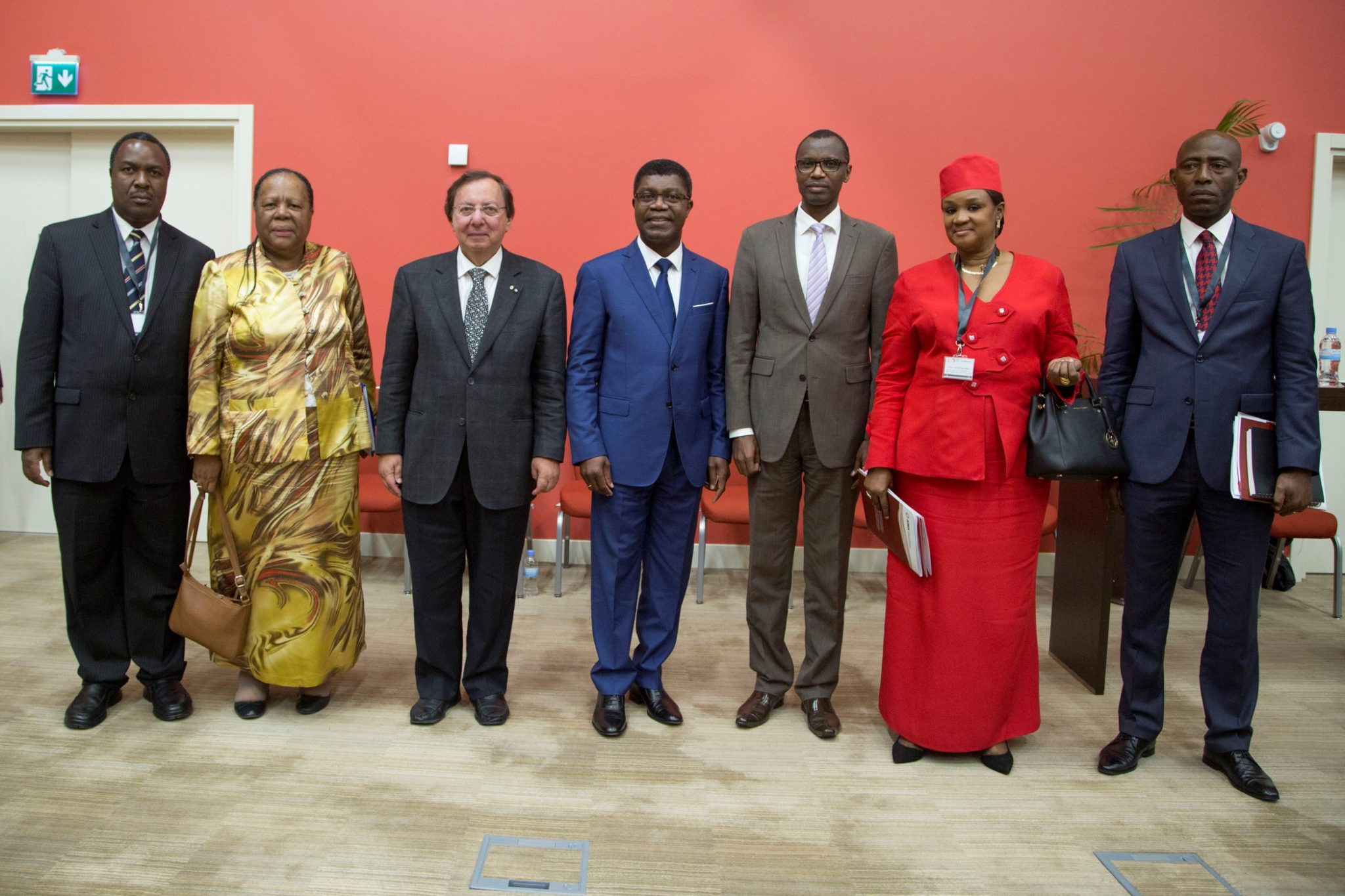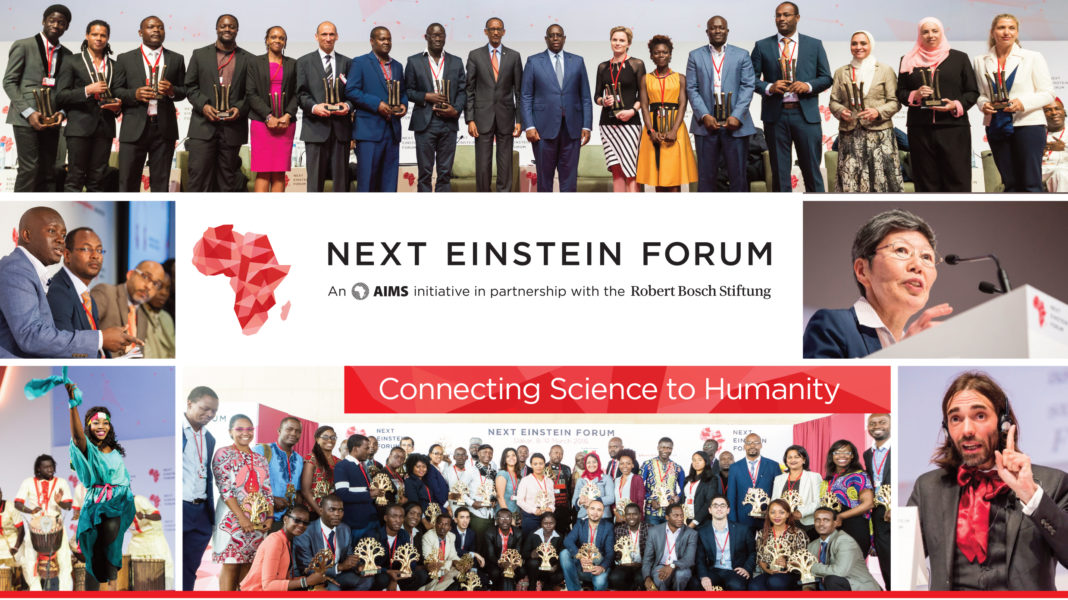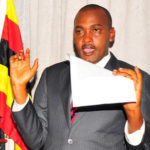Rwanda and the Next Einstein Forum (NEF) have hosted the second NEF Ministerial Meeting to leverage research networks and funding mechanisms to drive Africa’s long term progress.
Held under the theme: ‘Collaborative Global Research Networks: Implementing Essential Actions’, the meeting reviewed three important themes arising from the first ministerial meeting held in Dakar, Senegal in March 2016.

“After a successful first meeting in Dakar earlier this year, this meeting sought to develop concrete proposals around three initiatives: Increasing the number of PhDs, creating and structuring the Africa Research Chair Initiative (ARCI) and developing mechanisms to harness research mobility within Africa. We want to thank the delegations from Nigeria, Senegal, South Africa, Tanzania, Uganda and hosts Rwanda for participating in these important discussions,” Mr. Thierry Zomahoun, NEF Chair and President and CEO of AIMS, said.
Mr. Zomahoun added: “The NEF will review recommendations arising from this meeting and propose a concrete road map. We believe innovation led transformation in Africa cannot be sustainable outside of research, and we’re working with African governments, learning institutions and the private sector to accelerate research collaboration and funding in critical scientific and technological fields.”
Rwanda’s Minister of Education Dr. Papias Musafiri said some of the initiatives proposed will increase research collaboration and improve funding mechanisms, “making it possible to improve the pipeline of researchers and globally competitive innovations coming from Africa.” He added: “Rwanda is happy to have hosted this important meeting that seeks to concretize Rwanda’s and Africa’s ambitions to leverage research and development to improve people’s lives. We look forward to seeing concrete outcomes implemented.”
According to a release by the Africa Press Organisation, while deliberating on increasing the number of Phds in Africa, participants agreed that: ‘each African country must roll out a comprehensive evaluation and analysis of the number of PhDs in every field – identifying strengths and weaknesses of national PhD systems including design and mobility. Participants also called for the establishment of a pan-African pool of researchers’.
The delegates also reiterated that while increasing the number of STEM doctorates is critical for innovation, social sciences and humanities must not be overlooked.







